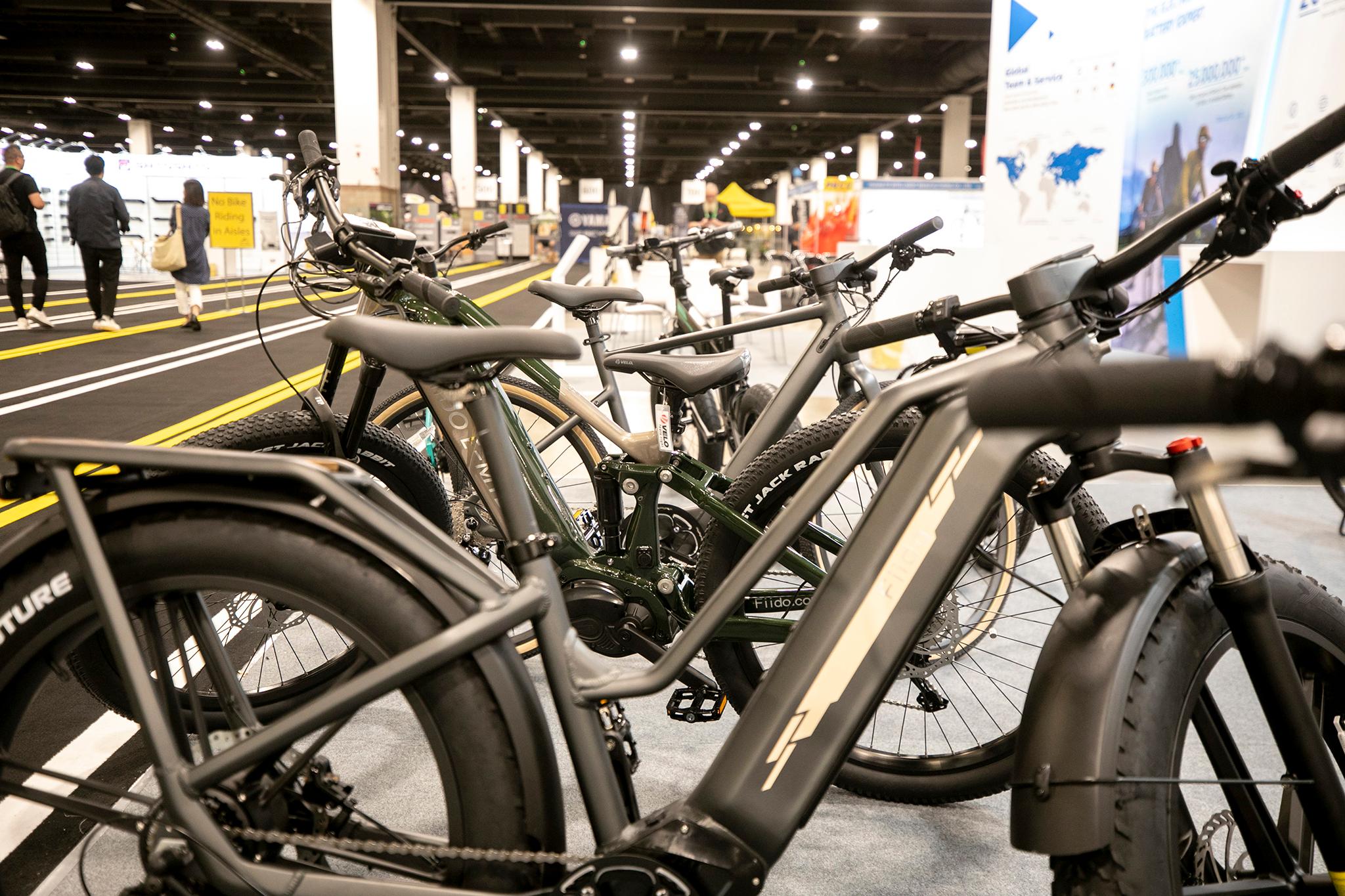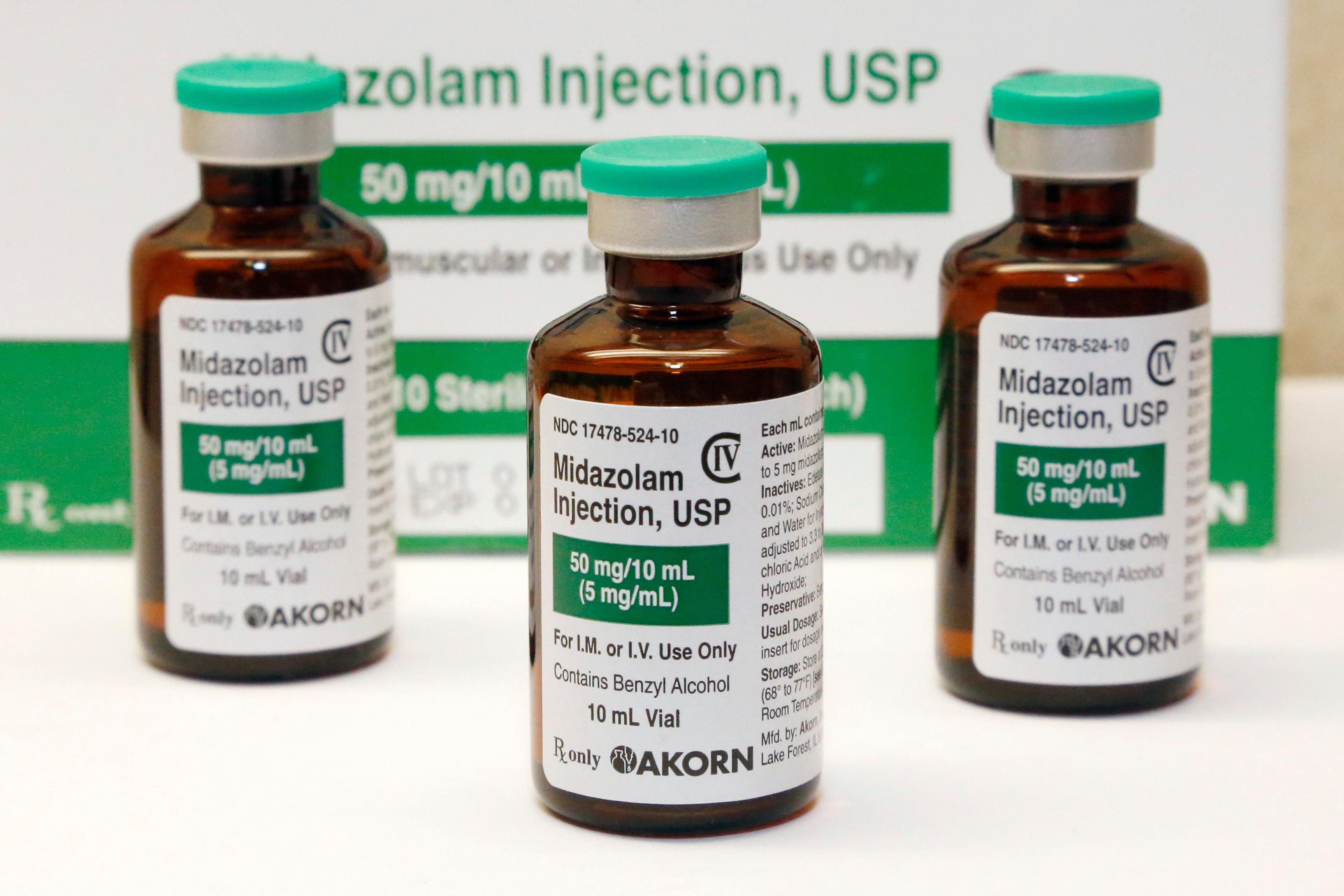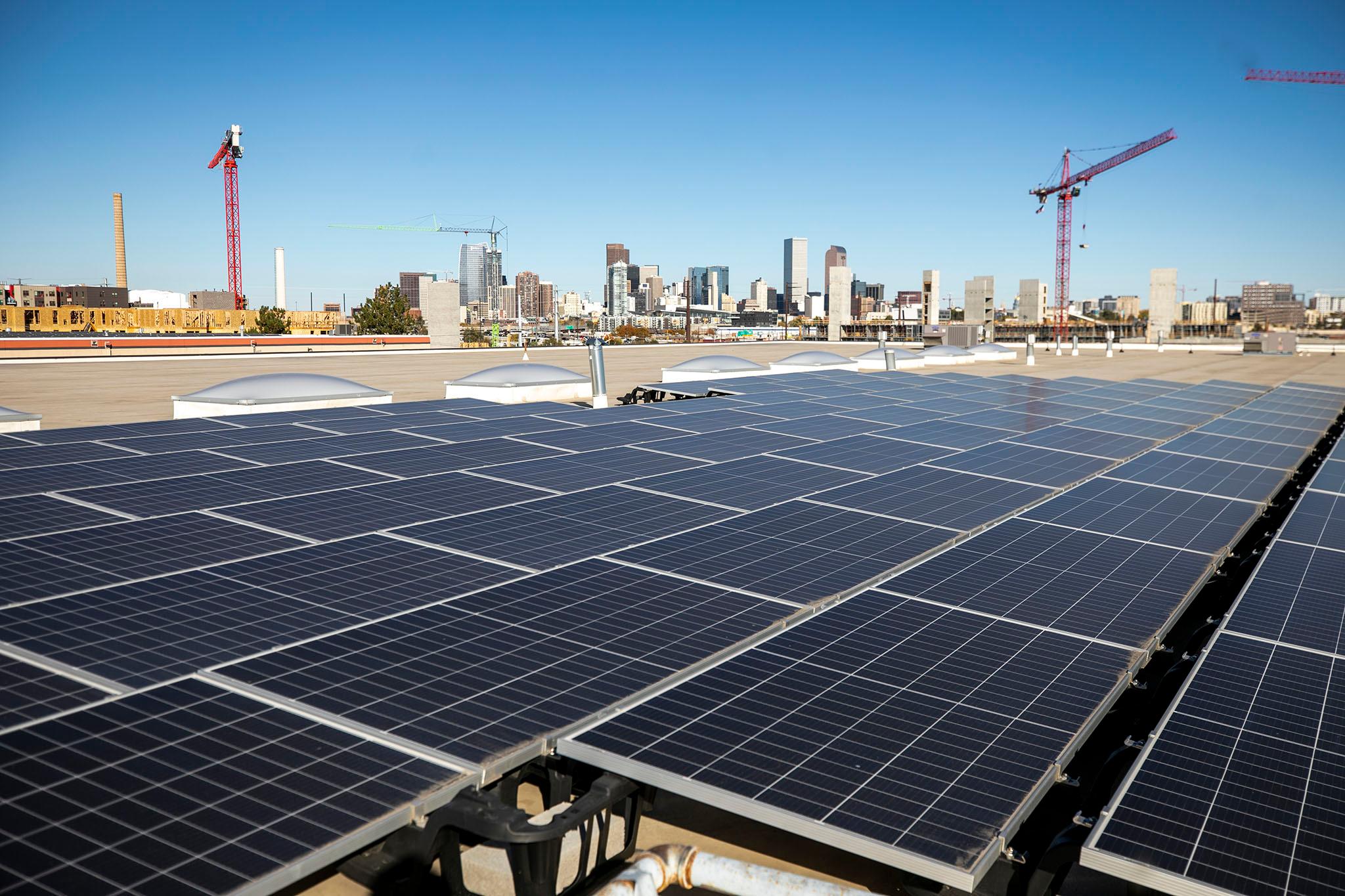
Colorado is officially ready to launch the country's largest statewide e-bike program.
On Aug. 16, the Colorado Energy Office will open the first round of applications for a new program to cut the cost of battery-powered bicycles. It follows the success of Denver's e-bike vouchers, which proved shockingly popular after kicking off last year.
Unlike Denver’s program, the initial version of the statewide rebates won't be available to everyone. Residents with an income at or below 80 percent of their area median income can apply for the biggest discount — a $1,100 rebate. Those earning 80 to 100 percent of their AMI qualify for a $500 rebate.
There are no discounts for buyers earning more than 100 percent of their adjusted median income. To figure out if you're eligible, use the income tables linked above.
All applicants can receive an additional $300 if they purchase a cargo e-bike. An extra $100 is also available to cover the cost of purchasing essential bike accessories like a lock and a helmet.
"From a climate perspective, we're really hoping people ride their bike rather than travel in a single-occupancy vehicle," said Sarah Thorne, a senior program manager at the Colorado Energy Office.
Here's how to take advantage of the new discounts.
A link for the program portal will go live on this website at 9 a.m. on Aug. 16 and stay open until 1 p.m. on Aug. 21. Once the application period closes, the state will randomly choose about 2,000 recipients, then e-mail selected participants.
Those lucky Colorado residents will have 48 hours to submit valid proof of income and their address. Acceptable documents include a recent tax return, a pay stub or proof of enrollment in several government assistance programs.
If that all works out, participants can then redeem the point-of-sale rebate at more than 100 e-bike retailers across the state. Eight online sellers are also eligible to receive the rebates but can only take orders over the phone to avoid potential fraud.
Participants cannot stack the rebates with additional local incentives offered by a growing list of Colorado communities, including Denver and Boulder.
The state hopes to help 7,000 residents purchase e-bikes through the program, which will last until it the program burns through $6.6 million in funding allocated through air quality legislation signed into law last year. Thorne expects that will allow the state to open a new application period each month until February or March 2024.
Applicants who aren’t selected aren’t out of luck, either. Starting on April 1, 2024, all Coloradans will be eligible for a $450 discount on e-bikes at qualifying retailers, but the larger income-qualified discounts will no longer be available.
Some local bike sellers have concerns
While Denver's e-bike rebates have been widely celebrated, the overall design of the program has frustrated some local bike sellers like Victoria Brunner, the CEO and co-founder of FattE-Bikes, which manufactures e-bikes in Denver.
The program allowed residents to spend their vouchers with any retailer able to sell and service e-bikes. Brunner was disappointed the city ultimately decided to include Rad Power Bikes, a direct-to-consumer brand selling low-cost e-bikes made overseas.
The Seattle-based retailer collected 44 percent of all the city's vouchers and more than half of the total rebate dollars, far more than any other bike seller in Denver.
Now Colorado's program is set to include even more low-cost online e-bike brands, which officials say is necessary to ensure access in smaller communities and rural areas. In addition to Rad Power Bikes, state rebate recipients can spend their rebates with Lectric, another direct-to-consumer retailer with models starting at $799.
"By eliminating these cheaper options, more money will stay within our local economy and the rebate program will be the success the state wants it to be," Brunner said. "Quality and customer care can only be achieved locally."
Thorne, who helped design the program, countered that all the qualified bike sellers would pay state sales taxes. As for maintenance options, she said every company approved for the state rebates has a relationship with a local bike shop ready to service and repair their products.
"Our ultimate goal is to get e-bikes into the hands of Coloradans," Thorne said.







